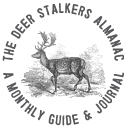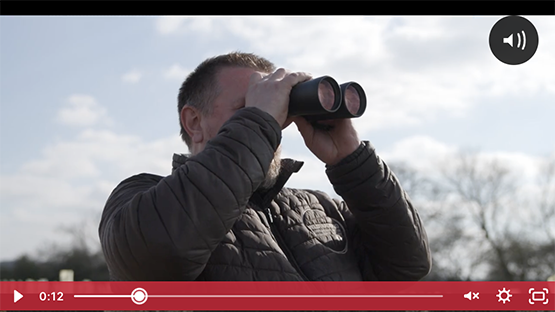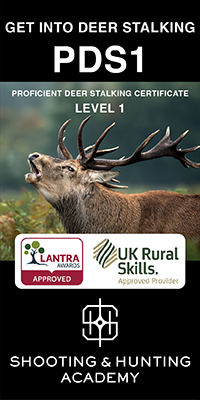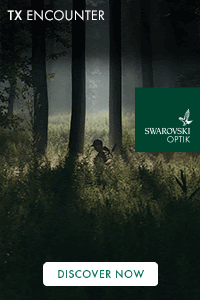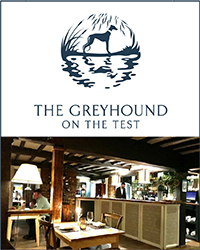Woodland Mammal Damage & Impact Assessment Course
Welcome to the Woodland Mammal Damage & Impact Assessment Course, a first-of-its-kind, e-learning course designed to give you the skills, understanding, and confidence to assess and interpret the damage & impact caused by woodland mammals. Whether you're a stalker, land manager, or conservationist, this course gives you a deeper understanding into the ecology behind mammal pressure and how to apply that knowledge in the field.
Developed by WildTrakPro and delivered through the Shooting & Hunting Academy, this course enables you to collect meaningful data, make informed management decisions, and communicate ecological impacts with clarity and authority.
Why Choose the Woodland Mammal Damage & Impact Assessment Course?
Today’s land management demands more than observation; it requires ecological understanding. Woodland mammals such as deer, squirrels, and wild boar can alter woodland structure, affect biodiversity, and damage commercial forestry. But identifying those changes and proving their impact isn’t always straightforward.
This course has been specifically designed to improve the quality and quantity of ecological data collected in the field, giving participants the tools to identify, assess, and present mammal-induced damage in a structured and evidence-based way.
Led by Oliver Smith, one of the UK’s leading mammal impact advisors, the course is fully online, nationally recognised, and built for flexible, at-your-own-pace learning.
Course Structure
The Woodland Mammal Damage & Impact Assessment Course is structured into six clear, user-friendly modules, each broken down into focused classes and followed by a short assessment to reinforce learning.
Whether you're looking to upskill professionally or simply deepen your understanding of ecological impact, this course offers a practical route to better-informed land management decisions.
Course Modules Overview
Module 1: Introduction
• Class 1: Introduction
• Class 2: Who Are WildTrakPro?
• Class 3: What is Damage & Impact Assessment
Module 2: The Different Types of Impact Assessment
• Class 1: The Different Types of Impact Assessment
• Class 2: Cost Benefit Analysis
• Class 3: Testing & Techniques
Module 3: Why Nearest Neighbour?
• Class 1: Why Nearest Neighbour?
• Class 2: Defining & Developing a Nearest Neighbour Test
• Class 3: Nearest Neighbour Example
Module 4: Types of Mammal Damage & Impact
• Class 1: Types of Damage by Species
• Class 2: Species
• Class 3: Types of Damage and Impact by Mammals
• Class 4: Examples of Damage & Impact
Module 5: WS1 & WS3
• Class 1: WS1 – Deer Control & Management
• Class 2: WS3 – Squirrel Control & Management
• Class 3: 'Do’s & Don’ts'
Module 6: Where to Go From Here
• Class 1: Equipment
• Class 2: Where to Go From Here
• Class 3: Final Words
Key Benefits
This course provides essential training in mammal impact assessment, including:
• Clear identification of different types of woodland damage by species
• In-depth understanding of ecological impact and habitat response
• Hands-on knowledge of assessment techniques like Nearest Neighbour analysis
• Real-world examples to support learning
• Guidance on WS1 and WS3
• A structured approach to writing and presenting professional damage data
Why this Course is Essential
In today’s changing rural landscape, those tasked with managing woodland ecosystems must be able to demonstrate not only what they’re managing, but why, and with evidence to support their approach.
The Woodland Mammal Damage & Impact Assessment Course gives you the tools to do just that. With industry-leading training from a recognised authority, flexible digital delivery, and real-world relevance, this course prepares you to make better decisions for the land you manage and to defend them with knowledge and clarity.




